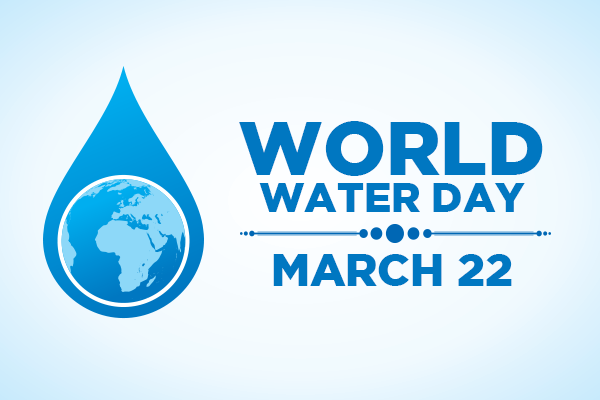
Last Friday, water rights were top of the agenda at the human rights committee meeting. Creative juices were flowing as the members around the boardroom table offered their ideas for a campaign aimed at promoting awareness of water as a human right.
During our 2014 convention, delegates voted in favour of a resolution to “fund the continuation of the water rights campaign adopted at the 2013 human rights conference.”
And when it comes to water, there are a ton of worrisome issues; there are countless communities in our own country who don’t have access to clean water, water is increasingly being privatized, major cities are seeing boil advisories…. And that doesn’t even include issues in the developing world.
“There was a lot of interest and discussion around the table,” said Geoff Ryan, national vice-president for human rights. “People felt very passionate about the issue; it’s a topic that’s very important to us.”
And for some, the issue hit particularly close to home. Jacqueline Nanali, who is a regional human rights representative in Manitoba, shared her experience with the boil advisory that affected all of Winnipeg, late last January.
“Everyone was running to the stores to pick up bottled water,” said Nanali. “Some chiefs, from nearby First Nations communities came back and said ‘well, this is what happens in our communities; this is how we live.’”
“I think it’s important for us to realize just how important water is. For me, losing basic access to water and having to boil water all day just for a simple glass of water to drink or a cup of tea… or just to brush my teeth; it really opened my eyes.”
The city of Winnipeg issued the boil advisory January 27 when the presence of E. coli was detected in the water supply; it was lifted 48 hours later. For two days, Winnipeggers were forced to boil water each time they needed to drink, cook meals, or make infant formula.
This incident garnered national attention from the media, but there are over a thousand boil advisories across Canada at this very moment. For many communities, what Winnipeg experienced is a daily reality.
After some fruitful discussions, the human rights committee members agreed that more light needs to be shed on how political decisions impact accessible clean water for Canadian communities. They dedicated a great portion of the day towards fleshing out a campaign.
“We’re very much in the beginning stages, but I’m excited to see what this will look like,” said Ryan. “We’re hoping to reach a broad swath of the Canadian public; I think many of the great ideas I heard around the table will help us accomplish just that.”